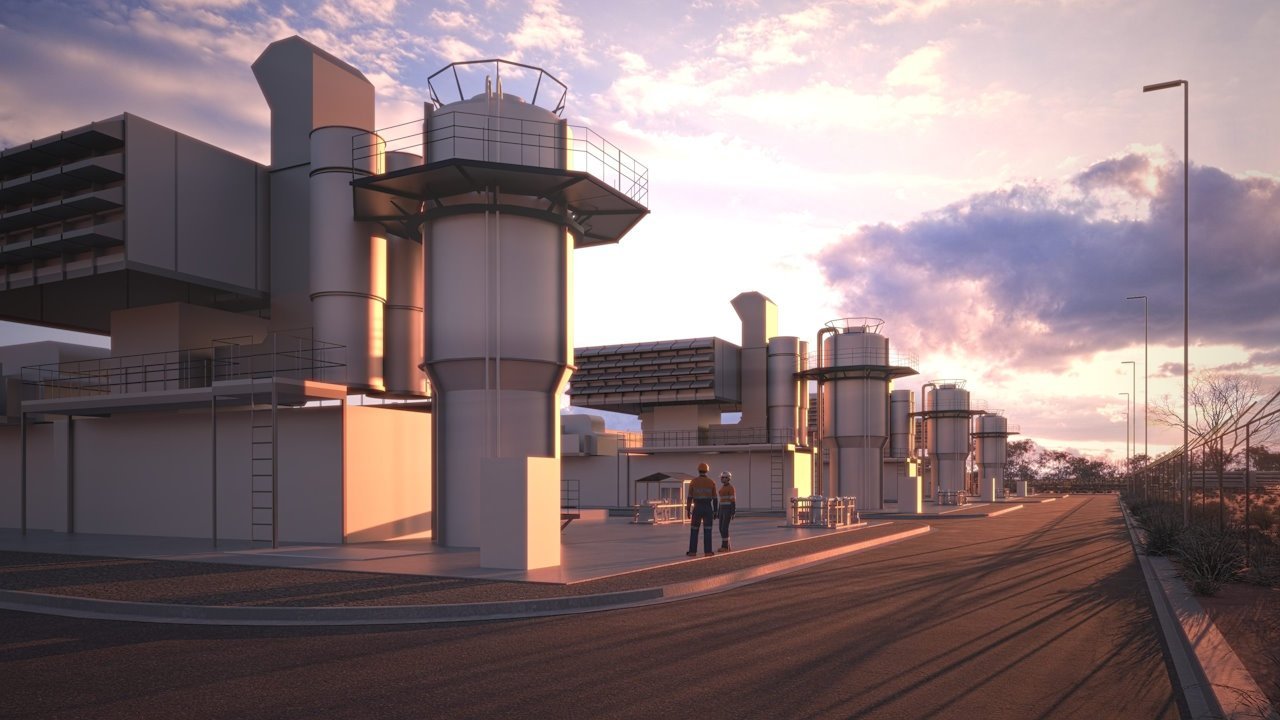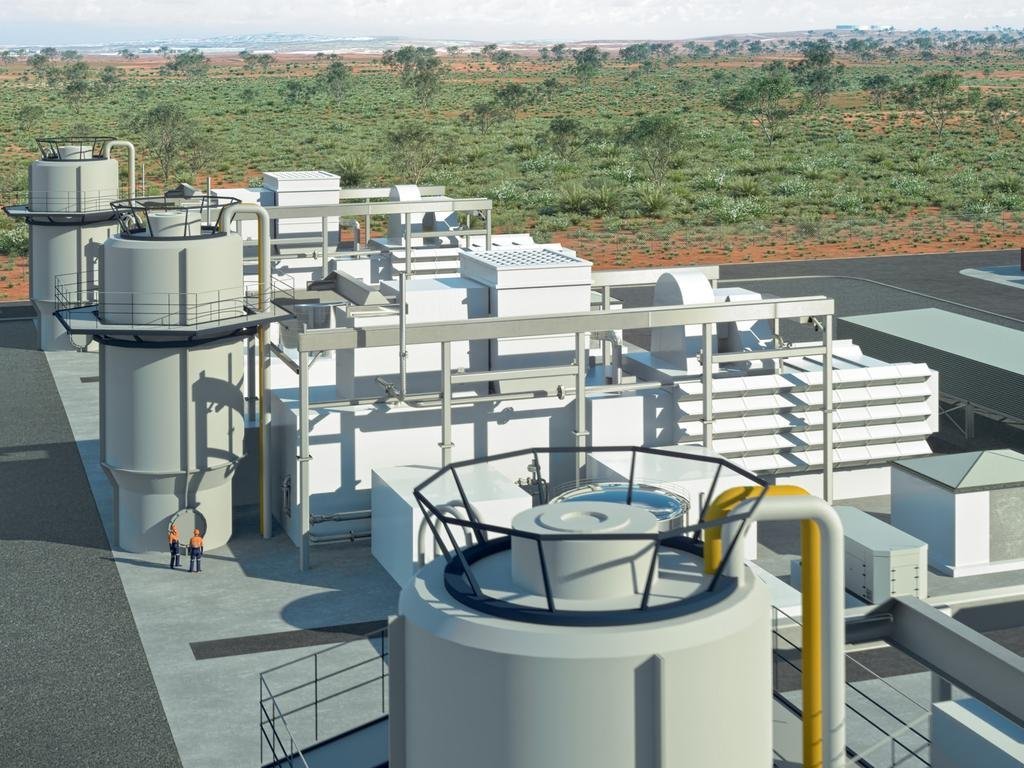EXPOSED: $285 Million Down the Drain – SA Government’s Hydrogen Fiasco Laid Bare in Damning Report
- $285.2 million spent on failed hydrogen project in just three years, with no tangible results
- Government’s hydrogen office dissolved in May, but not before blowing massive budget on shelved power plant
- Opposition slams Labor’s “hydrogen fantasy” as “eye-watering amount of money gambled and lost”
A scathing report by the auditor-general has blown the lid off the South Australian government’s disastrous hydrogen project, revealing a staggering $285.2 million was spent on the failed initiative. The report, tabled in parliament on Tuesday, has sparked outrage from the opposition, who have labeled the debacle a “hydrogen fantasy”.
The hydrogen office, which was established in May 2022 to deliver on the government’s pre-election promises, was effectively canned in February 2025 after months of speculation about a cost blowout. The project’s collapse has left taxpayers footing the bill for a massive expenditure that has yielded nothing.
According to the report, the hydrogen office splurged $209.2 million on capital costs, with a whopping $85.7 million written off due to the project’s cancellation. The office also incurred $53.4 million in operating expenses and $12.5 million for the purchase of land at Whyalla.
Shadow energy spokesperson Stephen Patterson has slammed the government’s handling of the project, saying the report shows the “eye-watering amount of money that Labor has gambled and lost on its hydrogen fantasy”.

“The Office of Hydrogen Power spent over $285 million in just three years in its existence on their hydrogen power plant that’s now destined for the scrap heap,” Mr Patterson said. “A big chunk of this money is not going to be recovered.”
However, Energy and Mining Minister Tom Koutsantonis has claimed the government will recoup much of the cost by selling the four gas turbines purchased for the hydrogen plant. The minister said the 200-megawatt generator will provide additional generation capacity for the state when it is in private hands.
“We’re buying generators, and those generators have a cost, and what you’re seeing reflected in the auditor-general’s report is the rough cost estimates of the generators,” Mr Koutsantonis said.
The minister also defended the impairment of $85.7 million, saying it was an accounting standard for projects that have been cancelled. He cited the Port Dock rail extension project as an example, saying the government was able to use infrastructure acquired for the project despite its cancellation.
“All the studies that we’ve done as part of the hydrogen jobs plan to get a generator operational can absolutely be used, we have the intellectual property over all that work,” Mr Koutsantonis said.

